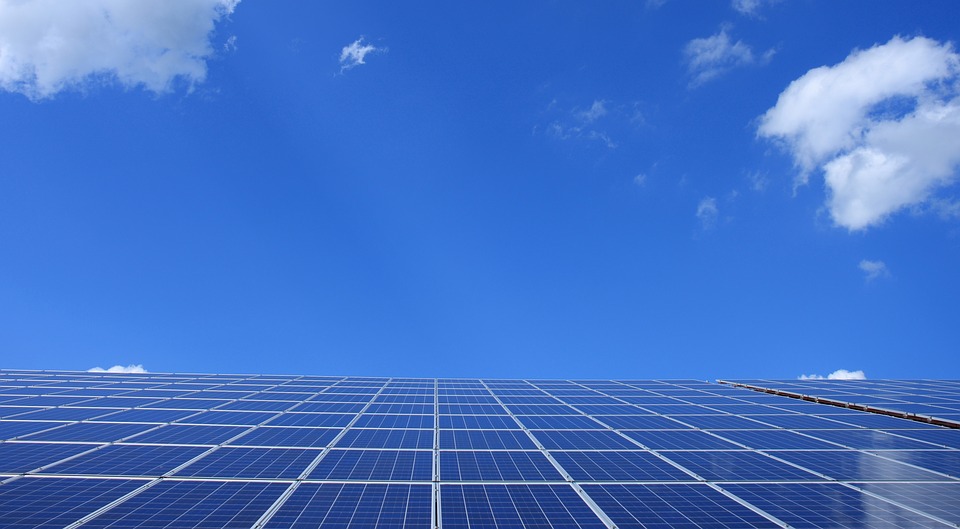Report Ties Green Energy to Economic Growth
State’s potential for green jobs huge, but still ranks 41st in solar power.
Although the growth of renewable energy has stalled in the last decade, a new report promises Wisconsin has the potential to make major strides in moving to earth-friendly power production that can be an economic boon to the state.
The report, “Wisconsin Clean Energy Business Supply Chain: Good for Manufacturing Jobs, Good for Economic Growth, and Good for Our Environment,” includes a directory of 354 Wisconsin companies that are part of the “clean energy supply chain.” It also sets forth a series of policy prescriptions to help grow the clean energy sector. The report, prepared by the Environmental Law and Policy Center, which has a Madison office, was released Wednesday and is also available online.
“With legislative leadership, a carbon-lean economy is possible statewide,” the report states. “Wisconsin does not have its own fossil fuel resources, so burning coal or natural gas requires sending money out of state to import coal and gas. Growing in-state renewable energy makes Wisconsin more energy independent and economically resilient.”
“Wind power and solar energy businesses are located in all eight U.S. House districts, in 93 of the 99 State Assembly districts, and in all 33 State Senate districts. These new clean energy technologies and services provide growth opportunities to Wisconsin companies.”
The report counts 131 manufacturers building equipment and components for solar and wind energy production; 129 developers, designers, contractors and installers for clean-energy projects; and 152 professional advisors and service businesses with ties to the industry all based within the state.
Despite the potential reflected in those numbers, the state ranks 24th in the nation for installed wind capacity, according to the report. As of June 2019, the state had 452 wind turbines with the capacity to generate 737 megawatts of power. “Wind power grew at one-third the national rate from 2009 to 2018, amid a policy environment less favorable to renewable energy,” the report states.
Wisconsin is even further behind in solar power. It ranks 41st for installed solar capacity; its solar generation has grown at half the overall national rate in the 2009-2018 period.
With the recent approval by the Public Service Commission of three large projects that would add 500 MW to the state’s solar-generating capacity, however, the state is poised for an upturn in its renewable production, the report finds — and additional projects are still in the planning stages
But the Dairy State would do best to think beyond just larger projects, the report asserts. “Wisconsinites should be able to get into the solar market at any scale. The state still lacks policies to support the growth of small-scale solar owned by small businesses are residents.”
The report offers a series of recommendations to make Wisconsin more hospitable once again to renewable energy and spur economic growth as a result:
- Adopt policies that treat homeowners, businesses and municipalities that own and install solar generation equipment fairly with respect to public utilities — a subject of various kinds of conflicts.
- Set a new standard for 25% of state power to come from renewable sources by 2025.
- Through the state public service commission, assess solar power at its “full value” to fairly compensate private solar facility owners and properly calculate the money saved to utilities in transmission and distribution costs when customers use solar power.
- Implement policies to fulfill Gov. Tony Evers’ goal to make the state electrical generation 100% carbon-free by 2050.
- Adopt a range of other policies rewarding the use of renewable energy and expanding access to it, particularly in rural areas.
Reprinted with permission of Wisconsin Examiner.






















